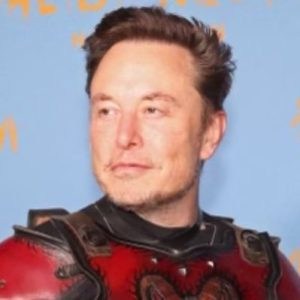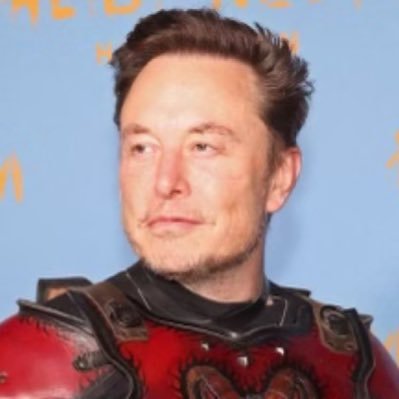
Elon Musk began his philanthropic ventures after selling Zip2, his first company, for $307 million in 1999. His 7 percent share in the company earned him $22 million. In 2002, Musk started the Musk Foundation, a 501(c)(3) nonprofit. Since then, Musk has personally donated to political groups, candidates, and campaigns, while his foundation has donated mainly to schools, hospitals, interest groups, and other charities. The Musk Foundation is entirely funded by Musk, and is run by him and his brother, Kimbal.
Personal Donations
Musk’s personal donations to political candidates and political action committees (PACs) between 2002 and 2018 total just over $1.25 million. For the 2022 midterm elections, Musk publicly stated he would be voting Republican. In addition, on his Twitter, Musk hinted that if Florida Gov. Ron DeSantis ran for the presidency in 2024, he would likely receive Musk’s vote. This comes as a surprise since Musk has generally stayed quiet and neutral about his political opinions when compared to others in his position of wealth and power.
So, historically, how neutral has Musk been with his donations?
According to OpenSecrets, between 2002 and 2018, Musk gave slightly over $1.25 million in donations to political candidates and PACs. Of that $1.25 million, about $565,000 has gone to Republican causes and about $533,000 has gone to Democratic causes. The rest, about $150,000, has gone to neutral causes or organizations not directly associated with either political party. So, Musk has historically, with his personal donations, been neutral.
Musk’s personal donations history shows that, even in years when he donated largely to Democratic causes, he still donated to the National Republican Congressional Committee (NRCC). He donated to the NRCC in 2004–2009, 2013–2014, and 2017–2018. He did not donate to the National Republican Congressional Committee or former President Donald Trump in 2015 but did donate $5,000 each to Hillary Clinton and the Democratic Congressional Campaign Committee in that same year.
One of Musk’s largest donations was to his foundation, the Musk Foundation. On May 19, 2016, Musk gave his foundation 1.2 million shares of Tesla stocks, valued at over $254 million. In 2021, Musk donated 5 million shares of Tesla stock (about $5.7 billion) to a donor-advised fund.
Musk Foundation
Until 2016, the Musk Foundation gave only relatively small donations. In 2003 its largest single grant was $25,000 to the Cedars Sinai Medical Center. Between 2002 and 2016 its largest donation was $300,000 to the National Wildlife Federation in 2014.
After 2016, donation size grew tremendously. In 2017, the Musk Foundation gave a single donation of $37,798,322 to Vanguard Charitable. And between 2018 and 2020 the foundation gave more than $39 million to Fidelity Charitable, including a $20,701,689 donation in 2020. Fidelity Charitable is the largest public charity in the United States, and the first commercial provider of donor-advised funds. The Musk Foundation has continued to make substantial donations to Fidelity Charitable.
Musk’s Influence
Elon Musk is a massive influencer. As the owner of three mega corporations with millions of online followers, what Musk says and does is seen by millions and scrutinized by thousands. In 2022, Musk said for the first time in his life he would be voting Republican in the midterm elections, and the media has attacked him constantly ever since. Musk is often criticized by politicians, journalists, celebrities, and business leaders trying to push their own ideas and make Musk look a certain way.
The research shows that Musk is noticeably more neutral than most other political philanthropists. The scrutiny he faces will persist since he is an influential person, but it will not always be fair. His donations show that neither political party has ever received much favor from Musk, and he has done what is beneficial for himself and his vision for the future. He has voted based on what he thinks will help himself become more successful and has donated to causes he finds valuable, whether hospitals, environmental programs, or his own companies.
by Anthony Vendetti, Capital Research Center. Reproduced with permission. Original here.
